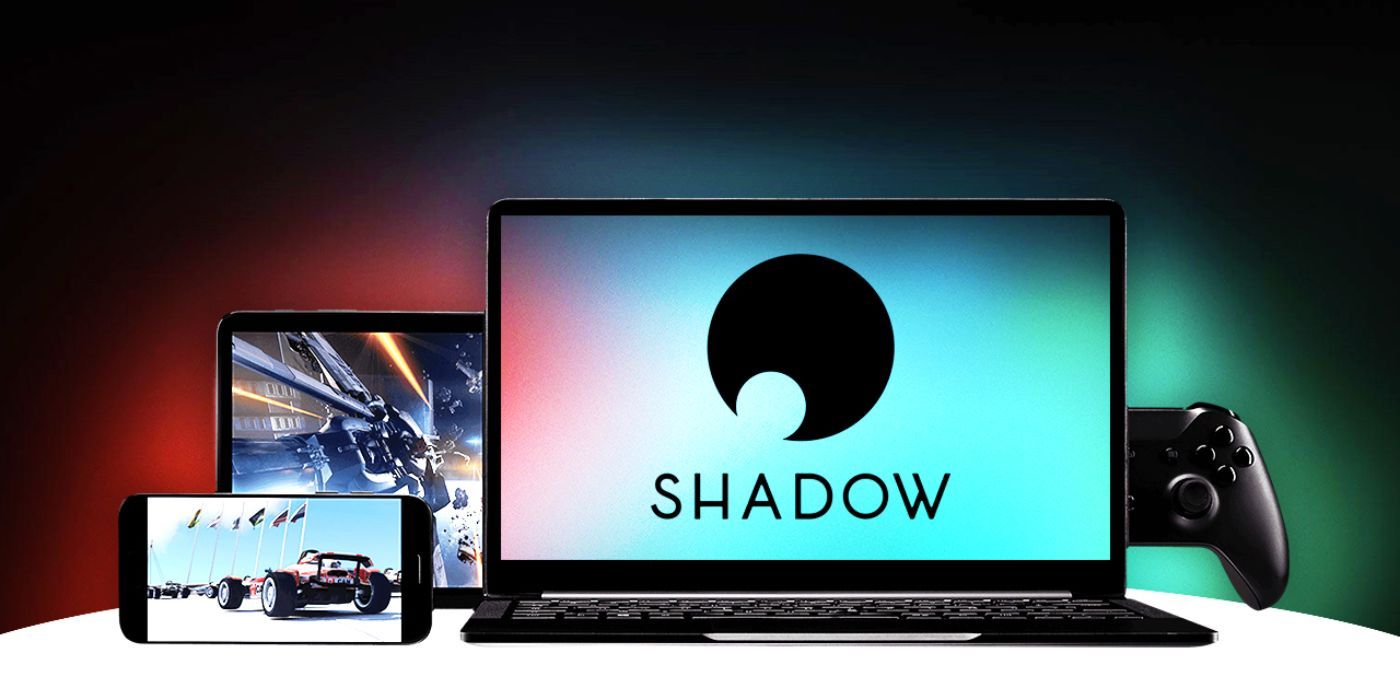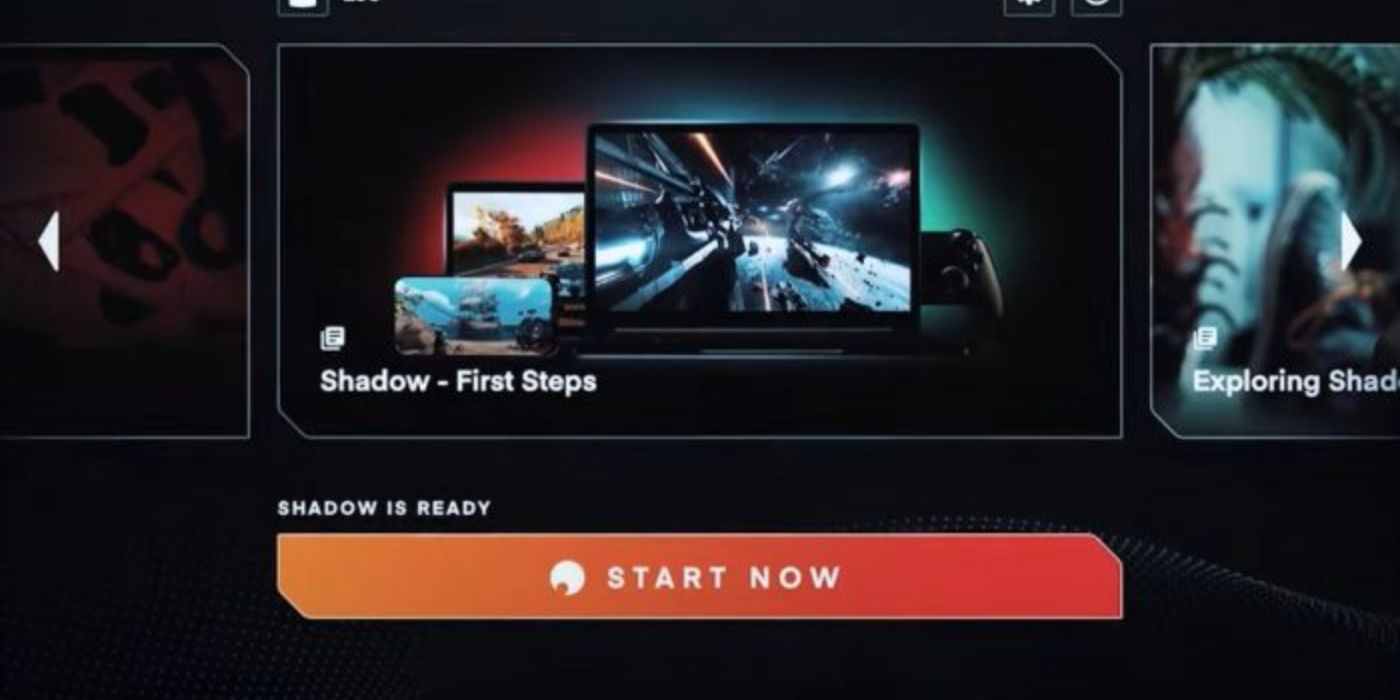PSA: PC Gamers Should Not Sleep on Shadow | Game Rant

PC gamers may be getting a bit overwhelmed with options when it comes to "cloud gaming." Perhaps the most interesting aspect of that is such a statement would absolutely not be true even two years ago. Certainly, there were companies starting to talk about cloud gaming, but for the most part, it seemed to be something more like daydreams about what could be. xCloud was one of the first, but many emerged over the past few months and years. Before it did come close to reaching what it is today, several other services beat it to the punch while several other services either just arrived or are on the way. Among those, Shadow appears to be one service that people who have decided cloud gaming is for them should not overlook.
One of the big keys of PC gaming when using the cloud is users need to be able to play games somewhere besides their desktop. To some extent, the desire to "play anywhere" can be traced to the Nintendo Switch. Of course, the irony here is that the Switch is decidedly not a cloud gaming device, but that device seemed to hint at how nice it would be if users didn't need to be sitting in front of their televisions or computers in order to play their games. Several companies leaped at the chance to allow exactly that. Companies like Shadow took different approaches and have had various levels of success. Shadow might be one of the newest on the scene, but it appears to be offering enough that gamers should take notice.

There was a time when Shadow being "a thing" might have been in jeopardy. Before it had a chance to really become a player alongside rivals like xCloud in the game streaming business, its parent company declared bankruptcy. That company, Blade, was purchased earlier this month by Jezby Ventures. The French company beat out another firm that seemed to see the value of having the rights to Shadow. The service came along with Blade, and while a prolonged bankruptcy could have had very negative connotations for a fledgling service in such a competitive environment, it appears all systems are go now.
The purchase seemingly gives Blade and Shadow a renewed "lease on life." Almost all of the company's employees are sticking around. So far, the only person to leave Blade is its former CTO. That CTO had sided with Jezby's competition on the buyout attempt, yet keeping the core team intact should be a boon for the cloud gaming platform as it works to get into more homes. The service still has some stiff competition when it comes to some of the bigger players in the industry. Stadia and xCloud are better known in this particular corner of the gaming world. Having a crew on board that knows Shadow front and back should only help, as the learning curve will almost certainly be lessened.

When trying to figure out just what Shadow offers when it comes to cloud gaming, users should think Nvidia GeForce. This service doesn't sell people games they can then play anywhere. Rather, it's geared towards allowing people to play games they already own. In fact, it's fair to call Shadow a direct competitor to GeForce. The principles behind the offerings are very, very similar. The limit to the library of titles that are available on Shadow is mainly what the user has already purchased or is looking to purchase for their PC.
In fact, Shadow does seem to have one big advantage over Nvidia GeForce. While there are some companies that have said they won't support the Nvidia platform, that doesn't appear to be the case when it comes to Shadow. That means that seemingly any game that is in a user's Steam library is going to be playable. It could also mean that user's steam library is about to grow. The service is, at it's core, a way to beef up the performance of a computer that might not be all that great when it comes to some of the higher-end games on the market.
One example of this is the recently released PC version of Days Gone. The very pretty game has had some users reporting on release day that it turns out their computers can't run it well. With Shadow, that shouldn't be a concern. The service allows users to boot up any game they own, it's then sent to one of the services' cloud servers and then streamed using a much more powerful PC that is specifically geared towards high-end gaming. In essence, this kind of service could replace the need for a PS5 or Xbox Series X/S should someone be having problems finding one of the newest consoles, or just doesn't feel like they can afford them.

Post a Comment